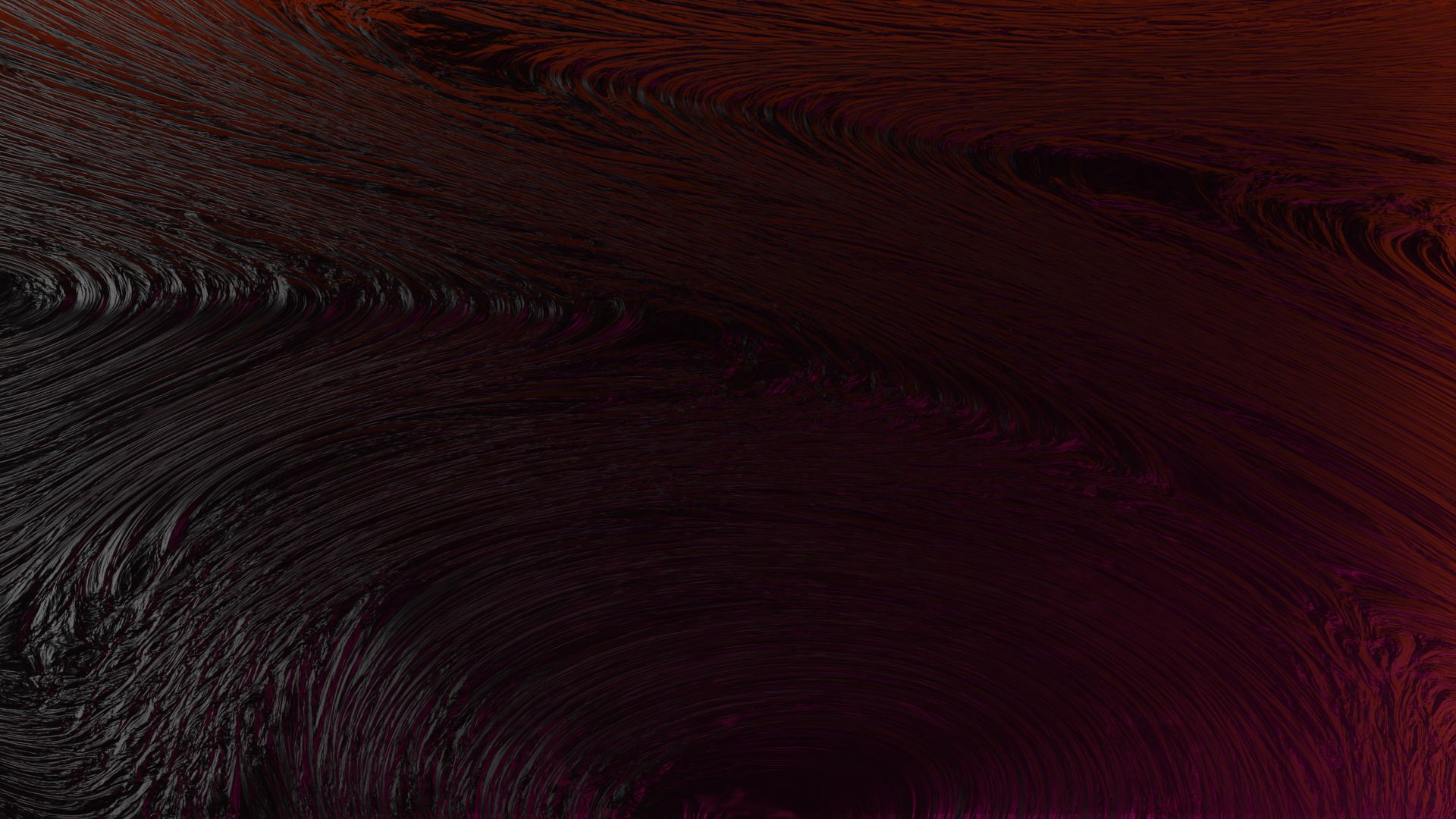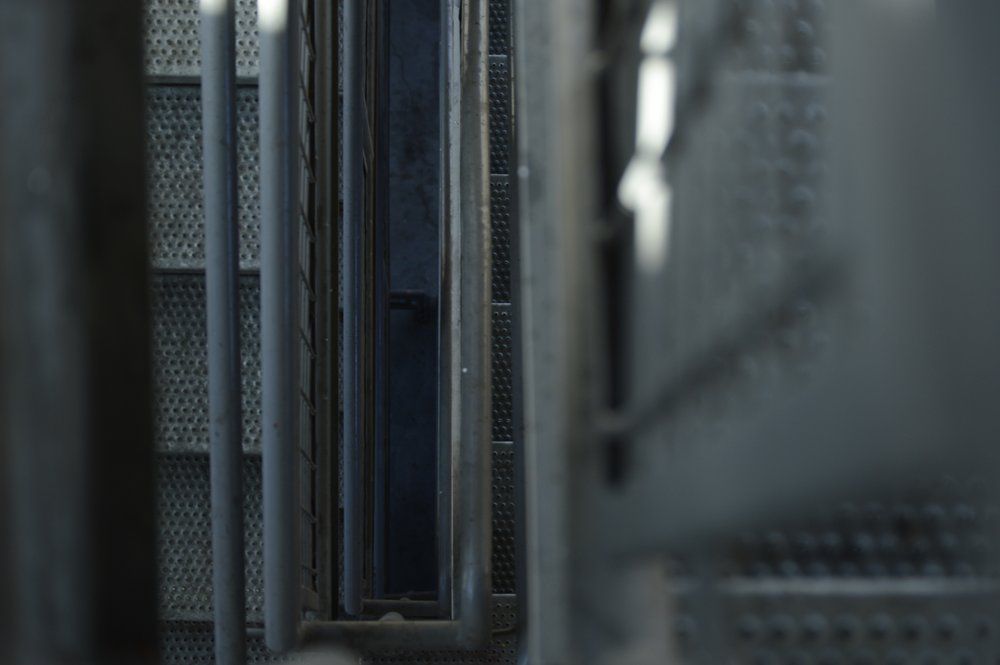
PHOTOGRAPHY
This section is going to analyze and deep dive into my journey throughout photography. I will go through my experience in the beginning of the practice, my personal philosophies, and more.
What Inspires Creation?
In August of 2021, I was beginning my senior year of high school with virtually no social life. After the chaos and isolation of 2020, everything in my academic world revolved around college. My high school had an early college program that allowed students to take classes at a university and earn both high school and college credit simultaneously. On paper, it’s a fantastic opportunity—many students use it to kickstart their careers. But as a teenager grappling with social anxiety and chronic procrastination, I found myself drifting, unsure of what I wanted out of life.
That fall, I started my first semester at Colorado State University–Pueblo. I had already met most of the requirements to graduate high school, with only a few elective credits left to fulfill. As a result, my schedule was packed with creative and exploratory courses—art, music, web design, intro to film, and, somehow… engine maintenance. I’m not a car person. If my car broke down on the side of the road, I wouldn’t have the faintest clue what went wrong. Unsurprisingly, the engine class was full of gearheads and backroad speedsters, and I felt completely out of place. Self-conscious and unsure, I dropped it in favor of a photography class.
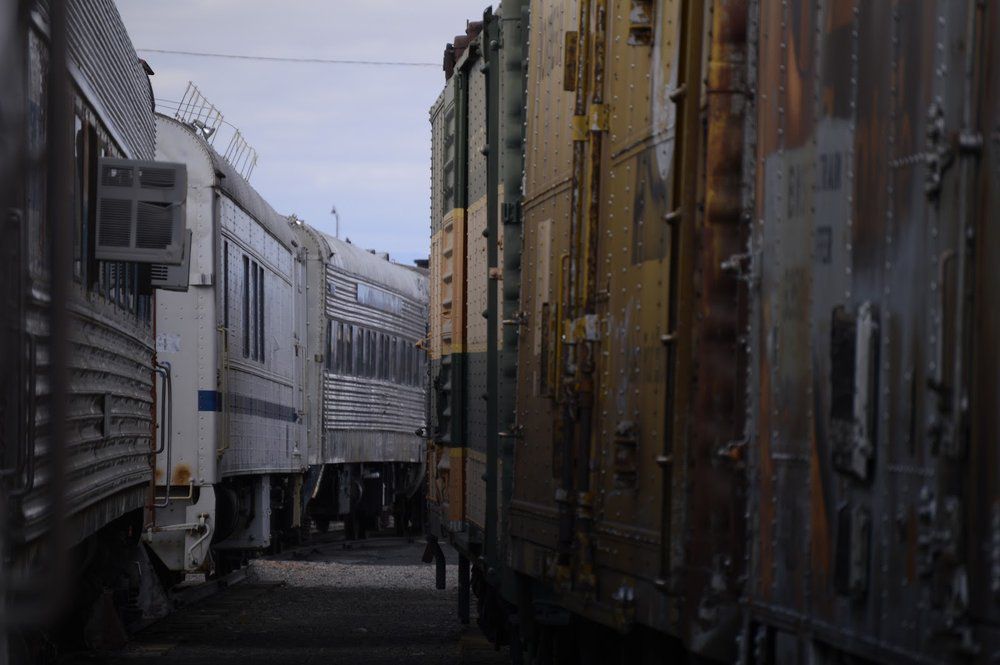
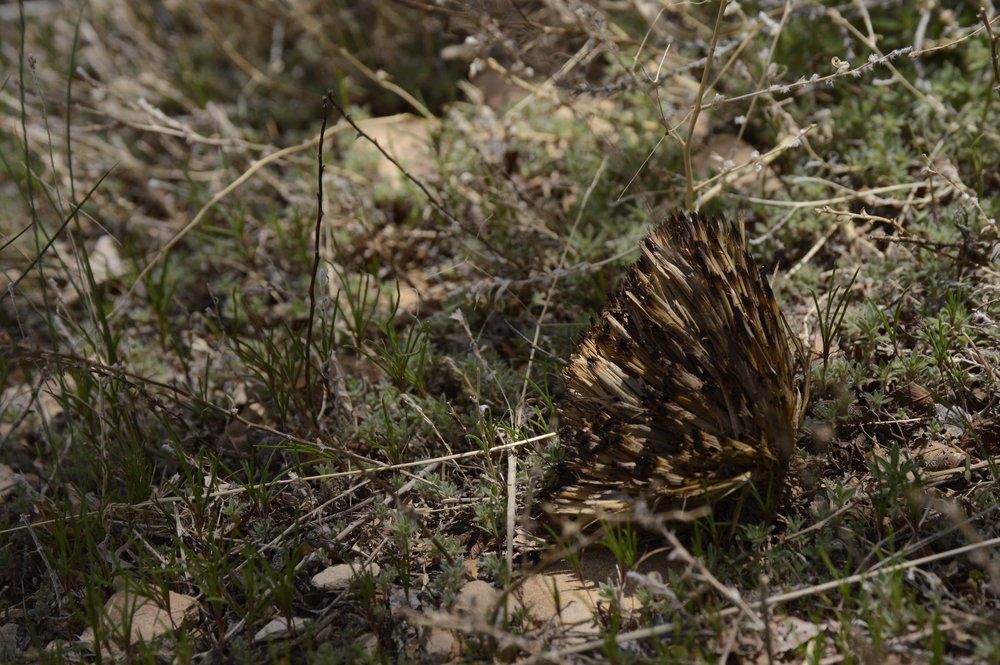
That class—Intro to Photography—ended up changing everything for me. It was a broad overview of what photography has to offer, all condensed into a single semester. Honestly, if I could take it again, I would. The way it introduced the art form was a turning point in my creative life. On the very first day, our professor had us all sit on the floor, backs against the walls of the room, while he stood in the center. It felt strange, even a little uncomfortable, as he began to explain the science behind capturing images. Then he asked why we were all sitting that way—pressed back instead of at desks, as we normally would.
No one answered. We were all a bit confused. But then he explained: he had deliberately positioned us to demonstrate a psychological technique—one I’ve since forgotten the name of—that’s all about controlling focus. By dimming the lights and standing at the center, he drew all attention to himself. We were all quietly captivated. That moment struck something in me. Photography, at its core, is about directing focus—deciding what exists inside the frame, and just as importantly, what doesn’t. That power, that intentionality, is what drew me in and sparked my love for the craft.
The course itself was pretty straightforward. We covered foundational principles: the rule of thirds, basic lighting techniques, and how to position a subject to make a photo more compelling. One lesson that stuck with me was the idea that photography isn’t about capturing physical objects—it’s about capturing light bouncing off those objects. Once I understood that, it transformed how I approached my work. Being able to shape composition and manipulate light in order to influence how an image feels—that’s what makes photography feel almost magical. It’s like trying to draw a face while blindfolded, and then doing it again with your eyes open. You might not expect a world of difference, but the result speaks for itself. The tools and insights I picked up in that class have translated far beyond photography; they’ve informed the way I approach every visual medium.
Ultimately, everything I know about art comes down to experience. Aside from that photography course, I’m entirely self-taught. That path hasn’t always been easy, but it’s forced me to think critically and solve problems on my own. I value that. Those skills—adaptability, observation, creative thinking—are now central to how I define myself. I want to be someone others can rely on. Someone capable of seeing clearly and acting purposefully. In that way, photography is more than just an art form for me. When you strip it down, the way it teaches you to see—to truly see—applies to everything in life.
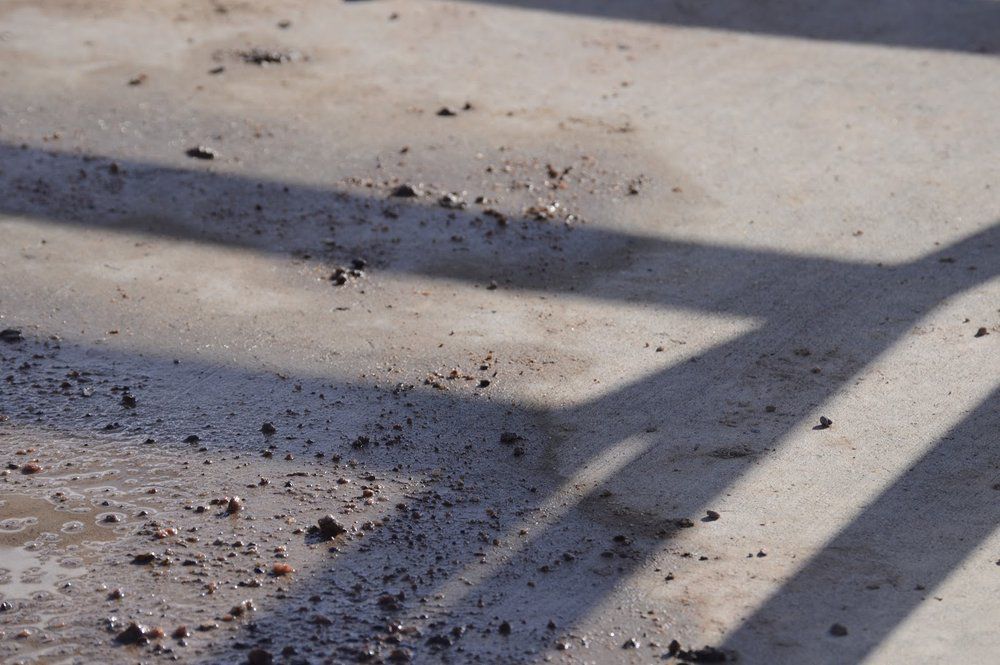

Most people think of photography as capturing a single moment in time. But I like to think of it differently. Consider the idea that time isn’t real, but rather a framework our brains use to organize experience. If time doesn’t really flow, then a photograph isn’t a frozen moment. It’s a representation of something’s potential state of being. If I photograph a mountain, and then it collapses in a landslide, I haven’t captured “before” and “after.” I’ve captured two separate realities—two distinct existences of the same subject.
That concept ties into one of my favorite quotes, from Kung Fu Panda of all places: “Yesterday is history, tomorrow is a mystery, but today is a gift. That’s why it’s called the present.” In the end, that’s how I try to live: grounded in the present, appreciating every moment—not just with my lens, but with my life.
want to read more?
to return to my about page
